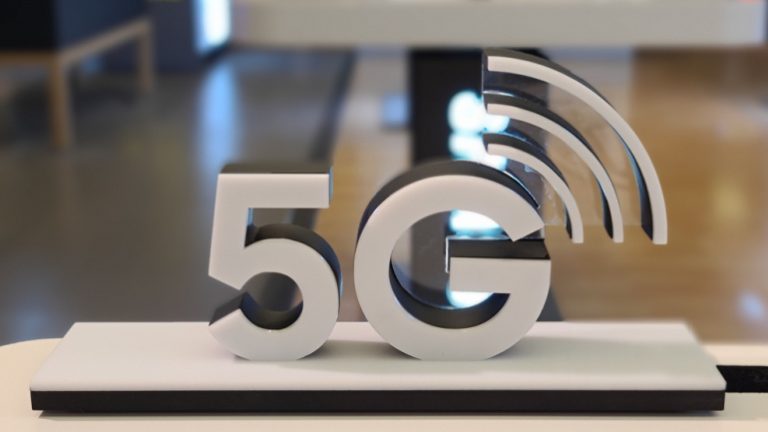
UK’s communications regulator Ofcom has embarked on a series of adjustments to its net neutrality regulations. These updates seek to solidify the policy principle that all internet traffic traversing the UK networks receives equal treatment. Ofcom declares that such adaptations will “stimulate clarity in our counsel, permitting internet service providers (ISPs) to pioneer and contrive their networks more efficiently, thereby enhancing consumer experiences.”
Key amendments to the policy encompass:
1) ISPs acquiring the capacity to proffer premium quality retail offers, thus satisfying varied consumer requirements. A hypothetical example would involve an ISP proposing budget-friendly packages to clients for internet browsing and streaming, and at the same time, charging a tad more for gamers demanding lower latency.
2) ISPs being permitted to conceive specialised services such as virtual reality (VR) and driverless vehicle technologies.
3) ISPs gaining the capability to manage their networks using traffic management to ascertain the best user experience for their clients. The fresh guidelines elucidate the conditions and manner in which ISPs can utilize this feature.
4) In most scenarios, zero-rating offers are expected to be allowed. This refers to the practice where data consumption from specific apps or websites don’t contribute towards the user’s total data expenditure.
Ofcom delineates net neutrality as a framework supporting the ‘open internet’, ensuring that the control of internet usage in terms of content viewing and activity doesn’t lie with the ISPs, but with the end-users themselves. They further established that net neutrality preserves traffic equality across broadband and mobile networks, negating any favoritism towards specific content or services.
In response to the changes, BT’s Chief Security and Networks Officer, Howard Watson, stated, “These changes are welcome and important and will help us to manage our network in the short term. But they are the start of further reforms that are needed, so we can face into the future with confidence.” He further commented on the anticipation of a level playing field for negotiations between telecom companies and content providers.
The US has also noted some recent strides towards net neutrality. The Federal Communications Commission (FCC) moved forward with a proposal to bring back net neutrality laws after Democrat Anna Gomez filled the final commission seat. The laws, set in place by President Obama in 2015 and later rescinded by President Trump, have consistently been a political hotspot.



